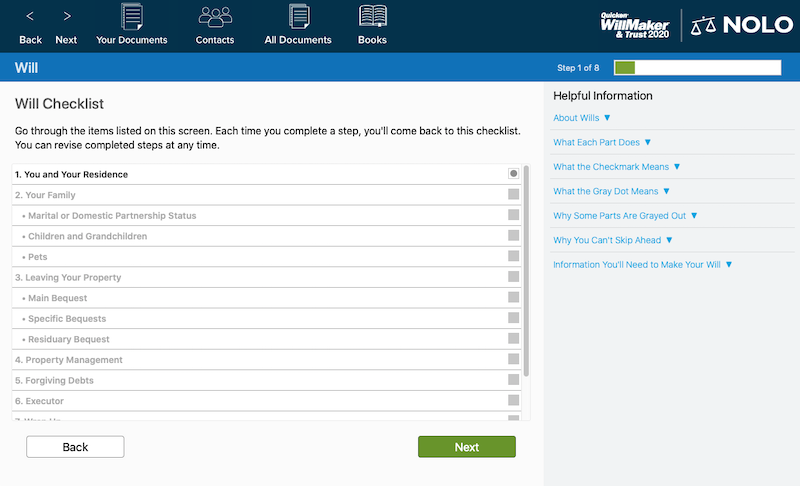

Your outstanding credit card balances, for instance, are generally paid before any money or gifts are distributed to your heirs.Īn exception to this general rule is for "secured debts," that is, debts that allow the lender to take possession of a specific piece of property if the debt is not repaid.

The general rule is that all debts must be paid before any assets are distributed.

If you cross out a person's name or add clauses to a last will that has already been signed, you risk making the whole last will invalid. Be sure not to make changes to your last will after it has been witnessed and signed. However, a codicil must be signed and witnessed just like a last will, so it may be easier to make an entirely new last will. One way to make changes to a last will, without revoking it entirely, is to make a codicil, which is an amendment to a last will. The old last will is invalid and cannot be revived after it has been revoked. What happens if you make a new last will (which revokes all prior last wills) and then decide that you like your old last will better? You need to make an entirely new last will that replaces the new one and mimics the old one. If this is done accidentally, the last will is not revoked. To revoke a last will without making a new one, all you have to do is intentionally tear it up, deface it, burn it, or destroy it. You can revoke a last will any time before death by making a new last will that states that all prior last wills are no longer valid.


 0 kommentar(er)
0 kommentar(er)
